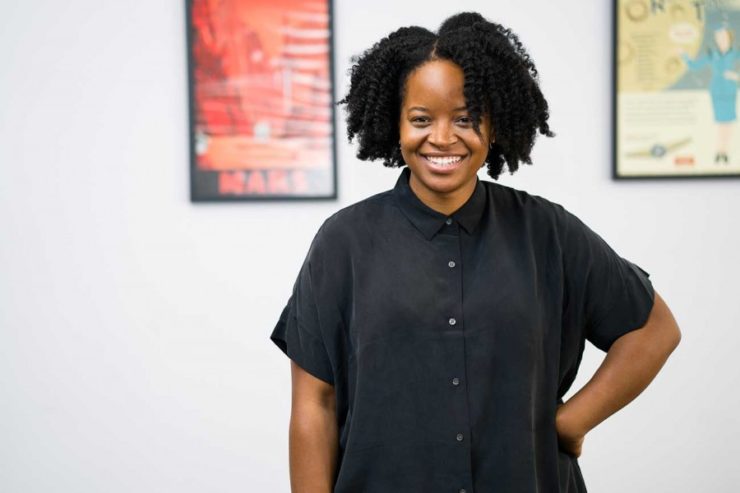Last year, the Huntington Library, Art Museum, and Botanical Gardens, which houses the archives of the late Octavia E. Butler, announced that it would be awarding a fellowship to scholars working with her “ideas and issues,” to the tune of $50,000.
Now, the organization has revealed its first recipient of the fellowship: Alyssa Collins, an assistant professor of English Language and Literature and African American Studies at the University of South Carolina.
The fellowship was open to applicants who had completed a PhD by November of 2020, from a variety of fields, and whose work was focused on “the ideas and issues explored by Butler in her published works, ranging from speculative fiction through Afrofuturism to environmental studies and biotechnology.”
The Huntington Library contains a wealth of Butler’s papers: more than 8,000 items, such as “unpublished book drafts, diaries, research, notes, letters, and other ephemera,” and is the most requested collection in the entire facility.
The fellowship grant will provide Collins with the resources to spend a year in residence at the archives. Her project is titled “Cellular Blackness: Octavia E. Butler’s Posthuman Ontologies,” and it will specifically examine Butler’s Xenogenesis trilogy—Dawn, Adulthood Rites, and Imago—”as a central touchstone and explores Butler’s interest in genetics, evolution, and cellularity.”
“There are four areas in the Butler archive that are fundamental to my research: subject files and research materials, commonplace notebooks and notecards, drafts, and correspondence,” said Collins. “Each category offers a different, discrete moment of development for Butler’s frameworks on cellularity and evolution. Given the ambivalent presentation and voice of some of Butler’s novels and characters, Butler’s notations—information stowed in newspaper margins, on notecards, and as floating ideas on commonplace notebook pages—offer keys to how we might think about the intersections of her work and that of the scientific discourse of the period in which she wrote.”
Collins will be one of fourteen scholars in residence at the library for the coming 2021-2022 year, all of whom are utilizing other archives housed at the Huntington.










